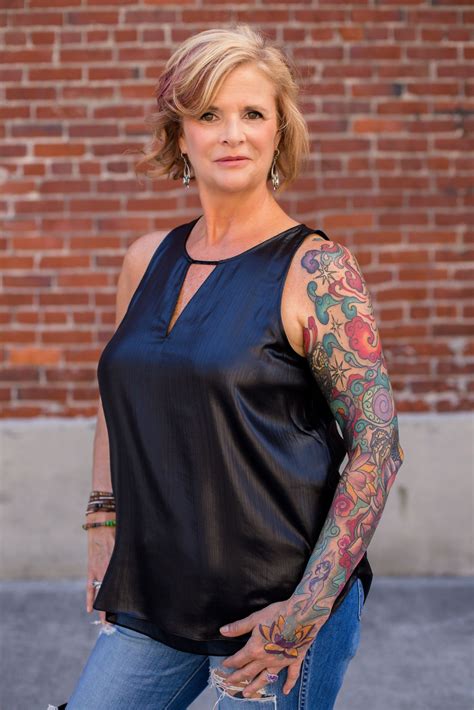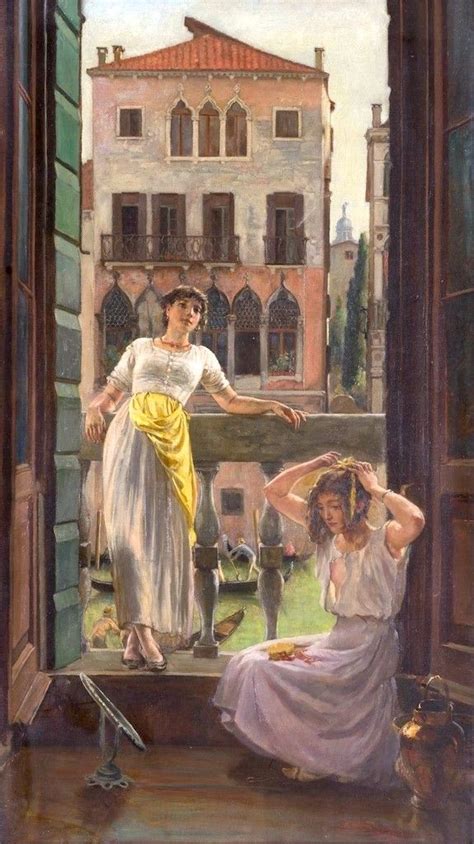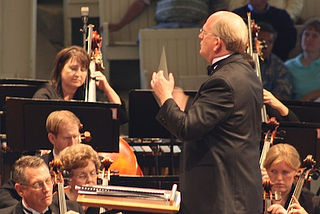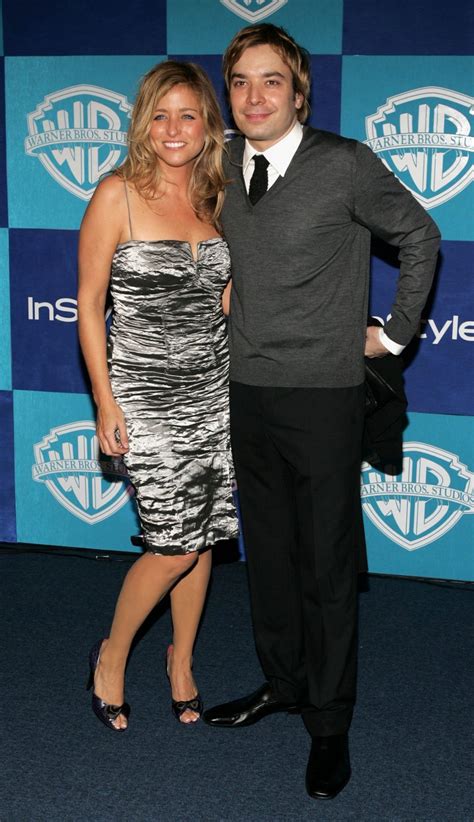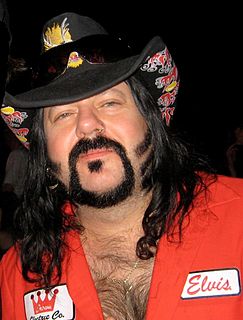A Quote by Walter Murch
By manipulating what you hear and how you hear it - and what other things you don't hear - you can not only help tell the story, you can help the audience get into the mind of the character.
Related Quotes
One of the rules of the road is that if you want to create the sense of silence, it frequently has more pungency if you include the tiniest of sounds. By manipulating what you hear and how you hear it and what other things you don't hear, you can not only help tell the story, you can help the audience get into the mind of the character.
There's a perception that if an artist produces another artist, they're going to imprint on them. But I'm the opposite. I want to hear that artist; I don't want to hear me - that's the last thing I want to hear. There are a lot of technical studio things I've learned or figured out, and I feel like I could use those things to help other people with what they're doing.
I think right now is when we need to hear different voices coming out of all parts of the world. You can't just hear the politicians and the military leaders. You have to hear from the taxi drivers. You have to hear from the painters. You have to hear from the poets. You have to hear from the school teachers and the filmmakers and musicians.
People probably have different philosophies about this, but I think that when you're first shaping the play and trying to find a character, the initial actors that develop it end up imprinting on it - you hear their voices; you hear their rhythms. You can't help but to begin to write toward them during the rehearsal process.
I can only be as good as [the audience members] at acknowledging and owning the information that's coming through ... and sometimes, nobody comes through.... One of the things that I've learned is that I am not an operator and I can't dial direct, ... and even if I do make the connection with the person they want to hear from, there's no guarantee that they're going to come through and tell them what they want to hear.
I simply couldn’t conceive of how devastating it would be not to be able to hear my children’s voices. Not to be able to communicate with them, to hear them learn, grow, and express themselves verbally. How fortunate, how blessed I am. This overwhelmed me. I can talk to my children, I can respond to their needs and comfort them when they tell me they are unwell. I can tell them stories and hear them tell theirs.






